- 033-2641 0305
- bidyahealthplus@yahoo.com
- 493/B/3,G.T.Road. Shibpur Howrah South - 711102
- Book Now

Pathology services
Redefined at Bidya HealthPlus
Pathology services at Bidya HealthPlus and Diagnostic Centre Pvt. Ltd. are at the core of our commitment to comprehensive healthcare. Our dedicated team, including skilled pathologists and technicians, employs cutting-edge laboratory equipment to analyze diverse biological samples like blood, tissue, and bodily fluids. We provide accurate and timely diagnostic insights,aiding in the identification and understanding of diseases, conditions, and disorders. This knowledge empowers healthcare professionals to make informed decisions about patient treatment and care. Bidya HealthPlus places a strong emphasis on precision, accuracy, and excellence in pathology, ensuring our patients receive top-quality diagnostic services for their well-being.
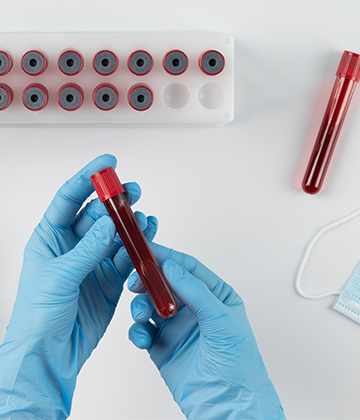
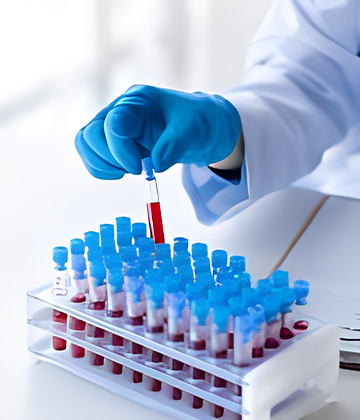
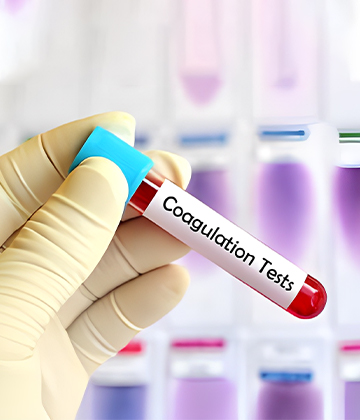
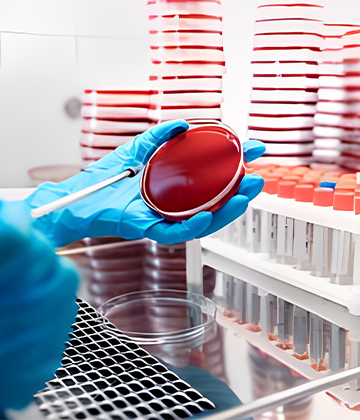
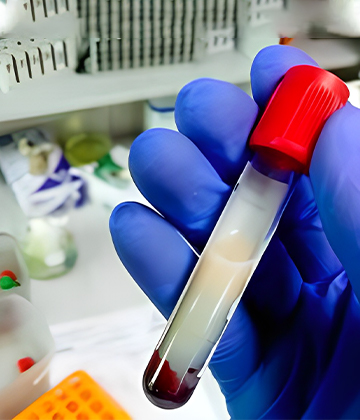
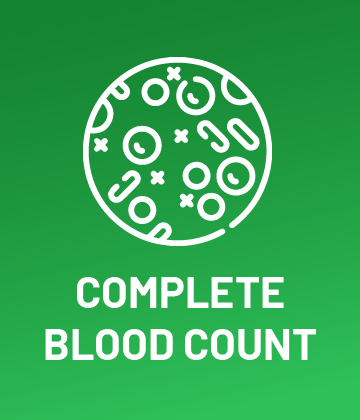
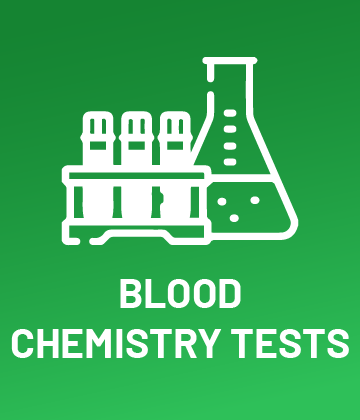
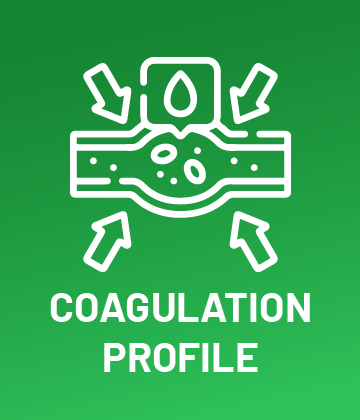
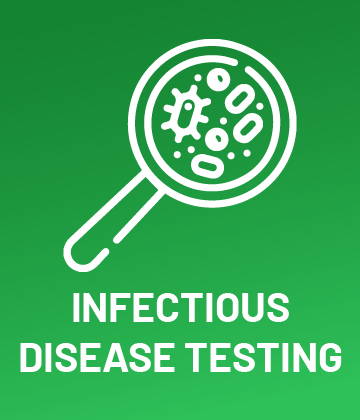
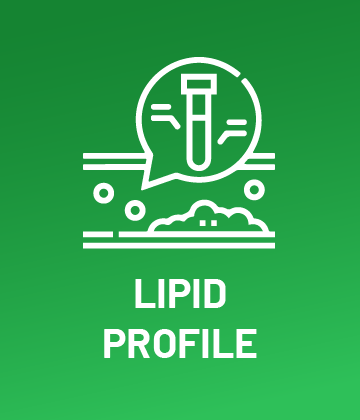
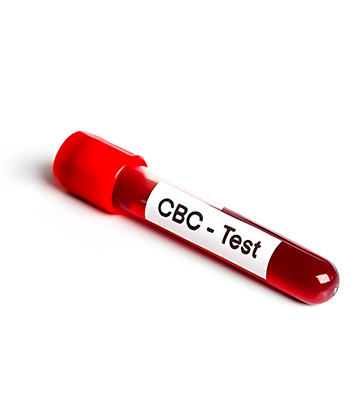
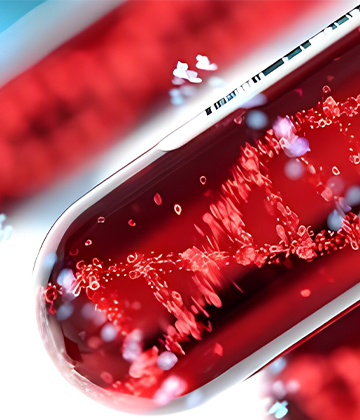
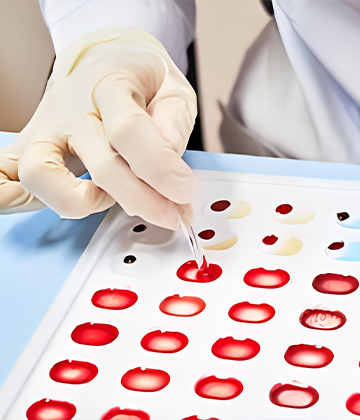
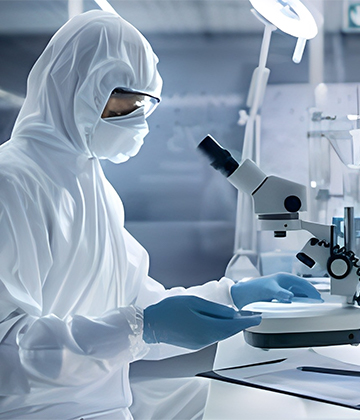
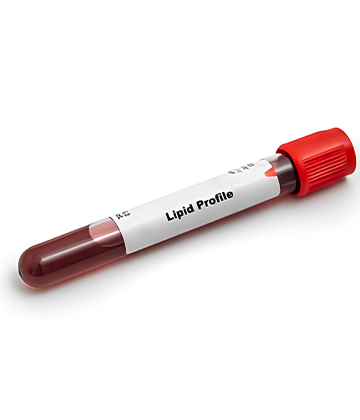
Pathology Tests Offered at
Bidya HealthPlus and Diagnostic Center
Complete Blood Count (CBC): This test measures the number of red blood cells, white blood cells, and platelets in the blood. It can provide information about conditions like anemia, infection, and blood clotting disorders
Blood Chemistry Tests: These tests assess the levels of various substances in the blood,such as glucose (blood sugar), electrolytes, enzymes, and proteins. They are used to evaluate organ function, including the liver, kidneys, and heart.
Lipid Profile: This test measures cholesterol levels in the blood, including low-density lipoprotein (LDL), high-density lipoprotein (HDL), and triglycerides. It helps assess the risk of heart disease.
Coagulation Profile: This test evaluates the blood's ability to clot properly. It is important for monitoring and diagnosing clotting disorders.
Thyroid Function Tests: These tests measure thyroid hormone levels to assess thyroid function. They include TSH (Thyroid Stimulating Hormone), T3, and T4 measurements.
Blood Glucose Test: Used to measure blood sugar levels, which is important in diagnosing and managing diabetes.
Iron Studies: These tests determine iron levels in the blood and are used in the diagnosis of anemia and iron-related disorders.
Infectious Disease Testing: This includes tests for HIV,hepatitis, and other infectious diseases, helping in diagnosis and monitoring.
Nuclear Medicine: Blood Typing: This test determines a person's ABO blood group and Rh factor, which is crucial for blood transfusions and organ transplants.
Hormone Tests: These tests assess hormone levels, such as testosterone, estrogen, and cortisol, and are used in the diagnosis and management of hormonal disorders.
Allergy Testing: Blood tests can identify specific allergens by measuring antibodies (IgE) to them.
Genetic Testing: Some genetic conditions can be detected through blood tests that analyze DNA or specific genetic markers